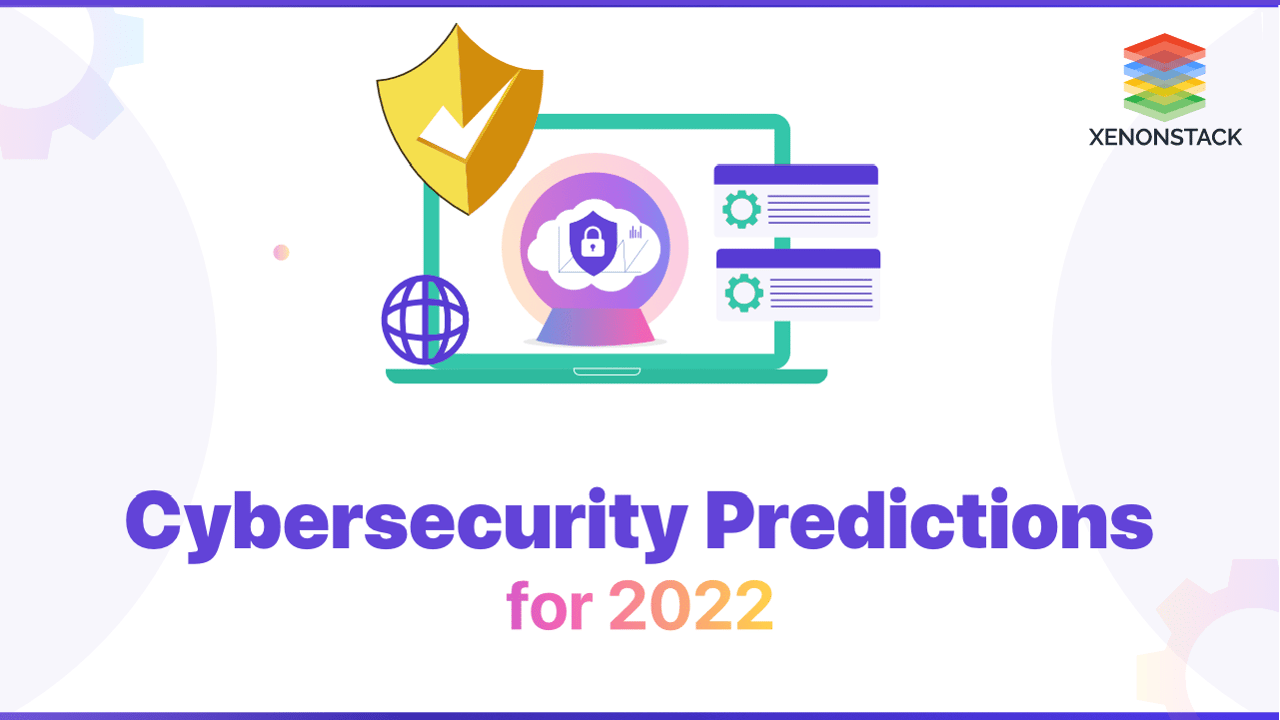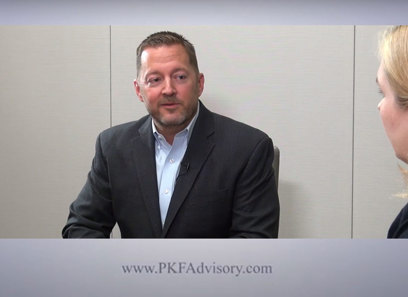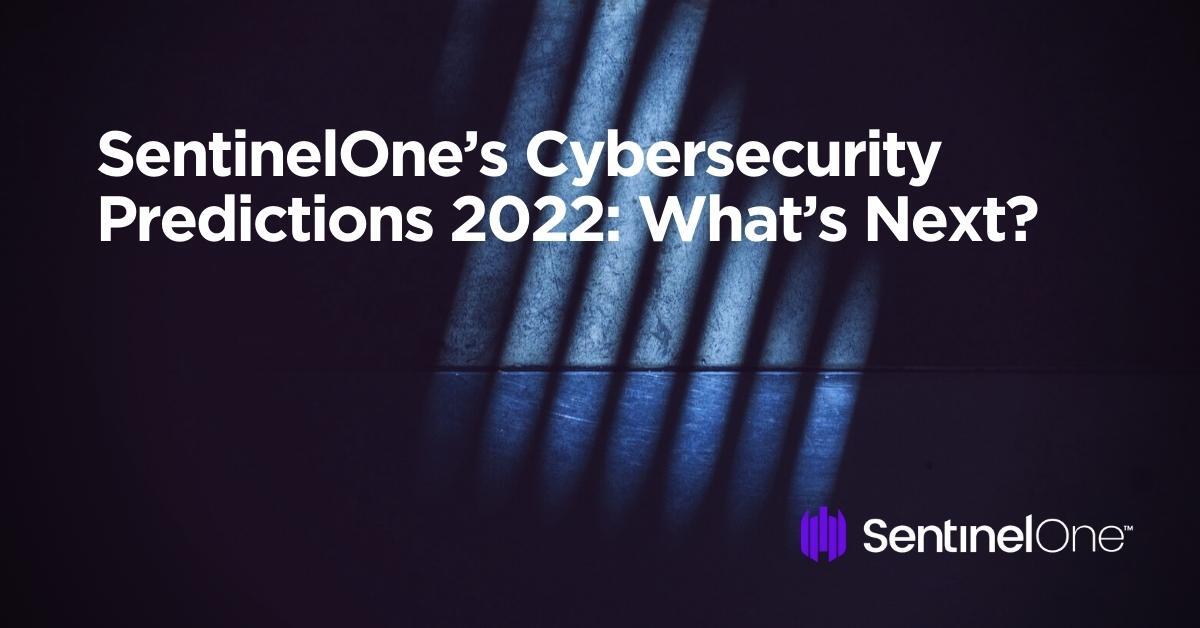Build strong cyber resilience to handle security breaches.
Build strong cyber resilience to handle security breaches.
Blog Article
Future-Proof Your Business: Key Cybersecurity Predictions You Need to Know
As companies confront the accelerating pace of digital transformation, comprehending the developing landscape of cybersecurity is vital for lasting durability. Predictions suggest a considerable uptick in AI-driven cyber risks, together with increased regulative scrutiny and the necessary change towards Zero Trust Architecture. To effectively browse these obstacles, companies should reassess their safety and security techniques and foster a culture of understanding amongst workers. However, the implications of these adjustments prolong beyond mere conformity; they can redefine the extremely framework of your functional safety. What steps should firms take to not only adjust but grow in this new environment?
Rise of AI-Driven Cyber Hazards

One of the most worrying growths is the use of AI in creating deepfakes and phishing plans that are incredibly persuading. Cybercriminals can make audio and video clip content, impersonating execs or trusted people, to control targets into divulging sensitive information or accrediting deceptive deals. Furthermore, AI-driven malware can adjust in real-time to avert discovery by standard protection actions.
Organizations must recognize the urgent need to reinforce their cybersecurity frameworks to combat these developing risks. This includes investing in advanced risk detection systems, fostering a society of cybersecurity recognition, and applying durable case reaction plans. As the landscape of cyber risks transforms, proactive measures come to be essential for guarding delicate information and preserving company stability in an increasingly electronic globe.
Boosted Emphasis on Data Privacy
Just how can organizations effectively navigate the expanding emphasis on information privacy in today's electronic landscape? As regulatory frameworks evolve and customer assumptions increase, organizations should focus on robust data personal privacy techniques.
Spending in worker training is critical, as staff awareness straight influences data protection. Additionally, leveraging innovation to improve information safety is essential.
Partnership with lawful and IT teams is crucial to align data privacy initiatives with business objectives. Organizations should also involve with stakeholders, consisting of customers, to communicate their commitment to information personal privacy transparently. By proactively resolving information personal privacy issues, companies can build trust fund and boost their online reputation, inevitably adding to long-lasting success in a progressively scrutinized digital setting.
The Shift to Zero Count On Design
In reaction to the evolving hazard landscape, companies are progressively adopting Zero Trust fund Style (ZTA) as an essential cybersecurity technique. This approach is based on the principle of "never ever trust fund, constantly confirm," which mandates continuous confirmation of user identifications, gadgets, and data, no matter their location within or outside the network border.
Transitioning to ZTA entails applying identity and accessibility administration (IAM) remedies, micro-segmentation, and least-privilege gain access to controls. By granularly controlling accessibility to resources, companies can reduce the threat of insider hazards and reduce the influence of outside violations. ZTA incorporates durable monitoring and analytics abilities, allowing organizations to identify and respond to anomalies in real-time.

The shift to ZTA is additionally sustained by the boosting adoption of cloud services and remote job, which have actually broadened the assault surface (Deepfake Social Engineering Attacks). Traditional perimeter-based security versions are insufficient in this brand-new landscape, making ZTA a much more resistant and adaptive framework
As cyber risks proceed to grow in refinement, the fostering of Absolutely no Depend on principles will be important for organizations looking for to secure their possessions and keep regulative compliance while making certain service continuity in an uncertain setting.
Regulative Changes on the Perspective

Forthcoming policies are anticipated to address a variety of concerns, including information privacy, breach notice, and case reaction procedures. The General Information Security Guideline (GDPR) in Europe has actually set a criterion, and similar structures are arising in other regions, such as the United States with the recommended federal privacy legislations. These laws commonly enforce strict charges for non-compliance, stressing the need for organizations to prioritize their cybersecurity procedures.
In addition, industries such as finance, healthcare, and crucial facilities are most likely to encounter extra stringent requirements, reflecting the sensitive nature of the data they manage. Conformity will not simply be a legal obligation but an important part of structure depend on with consumers and stakeholders. Organizations needs to remain in advance of these modifications, integrating regulative demands Resources into their cybersecurity strategies to ensure strength and safeguard their possessions efficiently.
Significance of Cybersecurity Training
Why is cybersecurity training a critical part of an organization's defense method? In an era where cyber threats are significantly sophisticated, companies need to recognize that their staff go to this site members are typically the initial line of protection. Effective cybersecurity training gears up team with the understanding to determine prospective dangers, such as phishing assaults, malware, and social engineering methods.
By cultivating a society of protection awareness, companies can dramatically minimize the danger of human mistake, which is a leading reason for information violations. Normal training sessions make sure that staff members remain notified concerning the most current hazards and ideal methods, thereby enhancing their capability to react appropriately to occurrences.
Furthermore, cybersecurity training promotes conformity with governing requirements, minimizing the risk of legal consequences and punitive damages. It also equips staff members to take possession of their role in the organization's safety structure, leading to a proactive rather than responsive strategy to cybersecurity.
Verdict
In verdict, the progressing landscape of cybersecurity needs positive actions to attend to emerging threats. The surge of AI-driven strikes, combined with heightened information privacy concerns and the change to Absolutely no Count on Architecture, demands a detailed method to security.
Report this page